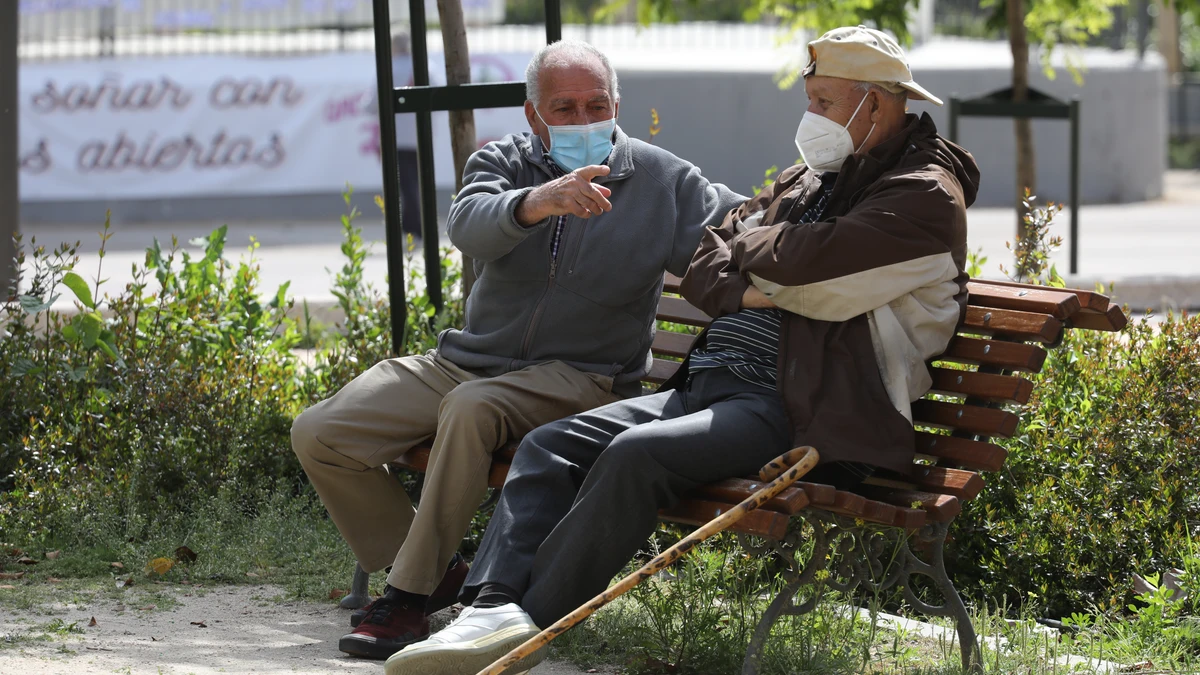Sitting on the floor of a tiny airplane lavatory, stomach cramping and laboring to breathe, Alexa Jordan, flying home to Aurora from Boston her freshman year at Harvard, had one major thought racing through her mind that May evening in 2019: There needs to be a law so what she was going through would never happen to anyone else.
Thanks to Jordan’s tenacity and legislative partnership with Sen. Tammy Duckworth, D-Illinois, on May 15 – exactly five years to the day Jordan said she went into anaphylactic shock 35,000 feet in the air – Congress did indeed pass a bill with a provision mandating all airlines review the contents of their emergency medical kits to ensure the most updated life-saving medication is included.
To say it’s been a remarkable and at-times frustrating five years for the 2018 Metea Valley High School senior class president, now finishing her master’s degree at Oxford University, would be quite the understatement. But there’s something special about this young woman, now 23, who turned her outrage at the treatment on that flight from Boston to Midway Airport in Chicago into advocacy for the more than 20 million people in this country who suffer from food allergies.
Alexa Jordan, more than anyone, knows how it’s an issue that can mean life or death on any given day.
After a busy afternoon of finals at Harvard on May 15, 2019, she rushed to catch her Southwest Airlines flight home at around 8:30 that evening. As hungry as she was harried, Jordan grabbed a salad with chicken in the airport that she made sure did not contain cashews or other tree-nuts she had been allergic to all her life.
Unfortunately, cross contamination is a constant and silent threat to those with severe food allergies. That likely was the case here, said Jordan, because just moments after taking the first bite as the plane ascended into the sky, she felt her mouth and throat begin to tingle, her stomach begin to roll and her breathing become more difficult.
Jordan immediately contacted flight attendants, who she said did not even know about Benadryl, which can treat bad reactions. After they checked the onboard medical kit for this antihistamine, she said she learned there was no EpiPen, an auto-injector that contains epinephrine, a medication studies show is the best practice in severe allergic cases.
Jordan clearly recalls her throat beginning to close up as she stumbled back to her middle seat, fumbling for her backpack and grabbing the single EpiPen she had on her.
Panic was already beginning to set in as she made her way to the bathroom, she told me in a phone interview Thursday from her flat in England. “It was then that I realized they were not equipped to help me … that I was on my own. I was going into anaphylaxis at 35,000 feet locked in a metal tube,” said Jordan.
“It was the most chilling experience of my life.”
Vomiting, and with muscles trembling in response to the epinephrine injection she gave herself, Jordan could only hope another dose was not needed.
In media accounts at the time in 2019, Southwest disputed Jordan’s version of events, saying the situation was handled appropriately.
In a 2019 report, NBC-TV Channel 5 reported that Southwest, which at first claimed Jordan was offered an EpiPen, said the epinephrine on board was the “medical grade version” (syringe and needle) required by the Federal Aviation Administration at the time that requires medical oversight.
The FAA did not require EpiPens on commercial flights at that time.
With no phone service available, the teen was unable to call her parents, who only learned about their daughter’s harrowing trip after she stepped off the plane.
Jordan said she “struggled with PTSD for a year or two” after the incident. But it didn’t take long for her to begin researching and making calls from her family’s kitchen table, upset there was was no “common sense” law dictating proper training and medication on board airliners for people like her.
According to online sources, the Allergy & Asthma Network was among many professional groups that have long been advocating for epinephrine auto-injectors on planes. The last congressional action on the issue was from ex-Sen. Mark Kirk of Illinois, who introduced an unsuccessful bill in 2015 that would have called for each carrier to have at least two packs of EpiPens on each aircraft and replace them upon expiration or use, as well as train crew members on how to recognize the symptoms of an acute allergic reaction.
Jordan contacted local representatives in Congress after her in-flight emergency, but got the best response from Kirk’s replacement, Tammy Duckworth, who immediately agreed with the Aurora teen this issue needed immediate action.
Jordan also got the attention of national and regional media, which no doubt were moved by her compelling narrative, as well as the impressive petition numbers she acquired on change.org after posting her story.
Although many people look at those with food allergies as “an annoyance or inconvenience,” Jordan reminded me that it’s a serious condition recognized by the Americans with Disabilities Act, and can develop at any time in life.
Who among us, she asked, wants to find that out while trapped inside a flying metal tube?
“There were few who did not agree this should be a law,” said Jordan, who worked with lobbyists and Duckworth’s office for more than two years, including a visit to Capitol Hill in November of 2019, where she appeared before congressional staffers.
“Not only am I looking to have auto injectors on airplanes,” Jordan said in an interview with NBC-TV Channel 5, “I really believe there needs to be a heightened level of training for these allergic reactions that are occurring.”
While the pandemic threw even more delays into a legislative process that tends to move at molasses speed, Jordan never gave up on her mission, nor did she lose faith in the system, and in particular with Duckworth.
“I had a lot of trust in her office,” the Harvard graduate told me as she prepares to finish her master’s degree in legal history from Oxford. “I knew it would get passed … it will save lives.”
Alexa Jordan of Aurora stands in front of the United States Capitol in 2019 during her efforts with Sen. Tammy Duckworth, D-Illinois, to pass a law mandating EpiPens on all airlines. (Sarah Matheson)
Still Jordan admitted to being “on the edge of my seat” since February, when the first version of the FAA’s five-year Reauthorization Act was passed, which contained Duckworth’s provision regarding mandated EpiPens.
“Alexa should have never needed to share her story with me, but I’m glad she did to help bring about this important change,” said the Illinois senator in an email statement after I reached out to her office.
“We expect our planes to have standard safety equipment like seat belts, and there’s no reason why we shouldn’t have the same expectations for emergency medical kits,” she continued, noting credit also to Nebraska Republican Sen. Deb Fischer.
“I’m proud the FAA reauthorization includes my bipartisan provision … Now that the president signed this bill into law, we can begin working with the FAA, the medical community and the flying public to ensure on-board emergency medical kits meet the needs of the fliers of today and tomorrow.”
The fact this bill passed exactly five years to the day she struggled to breathe in that airplane lavatory is not lost on Jordan, who plans to apply to law school.
“What I learned repeatedly is that legal spaces are so difficult to access, so often justice is inaccessible to those who need it most,” she insisted. “I think the legal mechanism can be an amazing way to change. I’ve seen this go through the Senate and House. And it has restored my faith in the democratic process.”
dcrosby@tribpub.com





